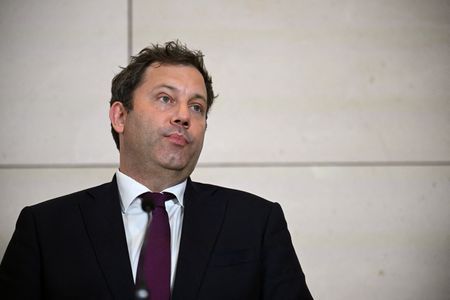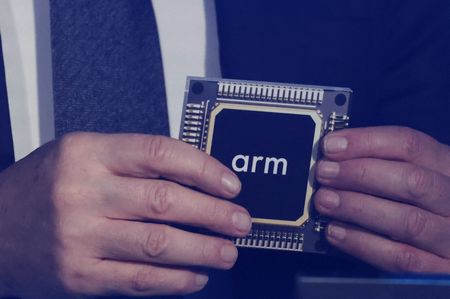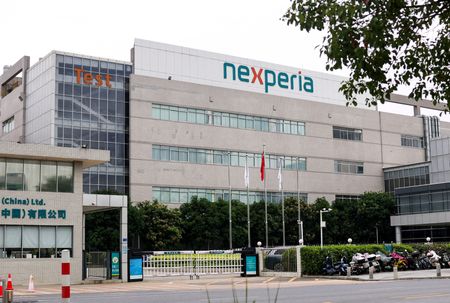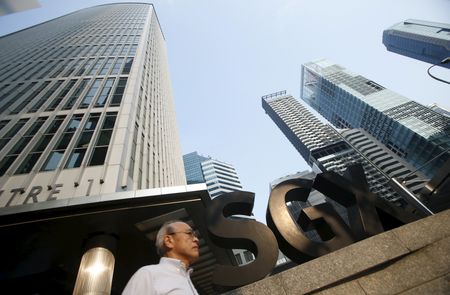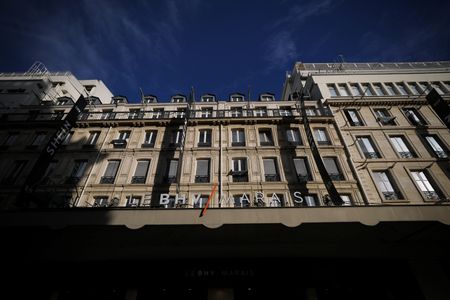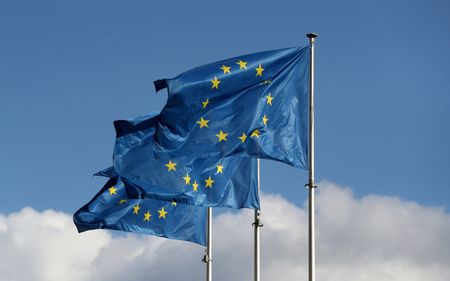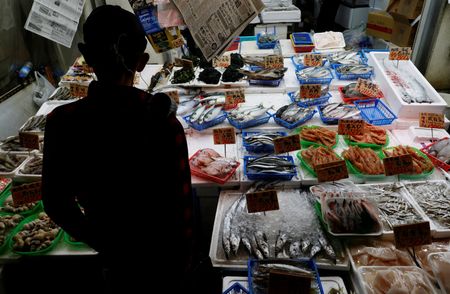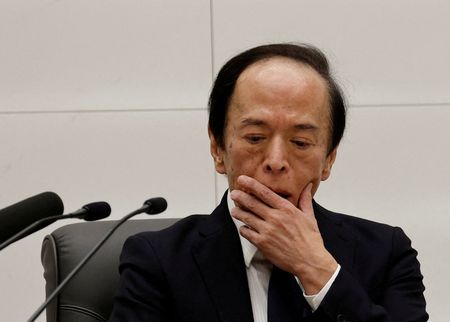By Maria Martinez
SHANGHAI (Reuters) -German Finance Minister Lars Klingbeil defended free markets during his China trip, but said competition must be fair and if industries are subsidised, the European market must be protected.
He spoke about the challenges faced by European steel producers and the European Union’s proposal for new tariffs on imports, including from China, to protect its domestic steel industry.
“I am in favour of free and open markets. But I do not want us to end up being the losers in Europe and Germany,” Klingbeil told Reuters on Wednesday in Shanghai.
“I do not want to see the German steel industry suffer because of Chinese steel that is state-supported,” Klingbeil said, adding that it was a sector well positioned and moving toward CO2 neutrality.
Klingbeil was the first minister in German Chancellor Friedrich Merz’s six-month-old coalition to visit China.
“I have the feeling that this partnership with China – despite all the differences, despite all the competition, despite the rivalry – can work reasonably well,” Klingbeil said.
RELATIONSHIPS WITH CHINA ARE GAINING ATTENTION
On the question of whether there was a tougher stance towards China in the EU, Klingbeil said the topic of China was becoming increasingly important within Ecofin and Eurogroup meetings and that the EU should present “a unified front to China”.
Germany’s parliament has appointed an expert commission to rethink trade policy towards China.
The new German government has toughened its line on Huawei. Merz said last week the government decided to replace Huawei components in 5G and ban Chinese components from future 6G networks.
“The same standards apply to all providers,” Klingbeil said. “It is about security.”
The replacement of Huawei components will be expensive for German companies.
“I also see economic opportunities opening up for German and European companies, and I believe this can lead to strengthening these companies,” Klingbeil said on the Huawei decision, which was brought up in talks by China.
Germany also outlined its priorities, such as rare earths restrictions and the war in Ukraine.
“The Chinese side is actually very pleased when we define our own interests and then we can talk about it,” Klingbeil said.
Although Europe’s strong interest in ending Ukraine’s war was discussed in Beijing, the minister recognised there were no advances.
“We must keep appealing to China, to their sense of responsibility,” Klingbeil said. “China may be the only country that Vladimir Putin still listens to.”
(Reporting by Maria Martinez, editing by Ed Osmond)

